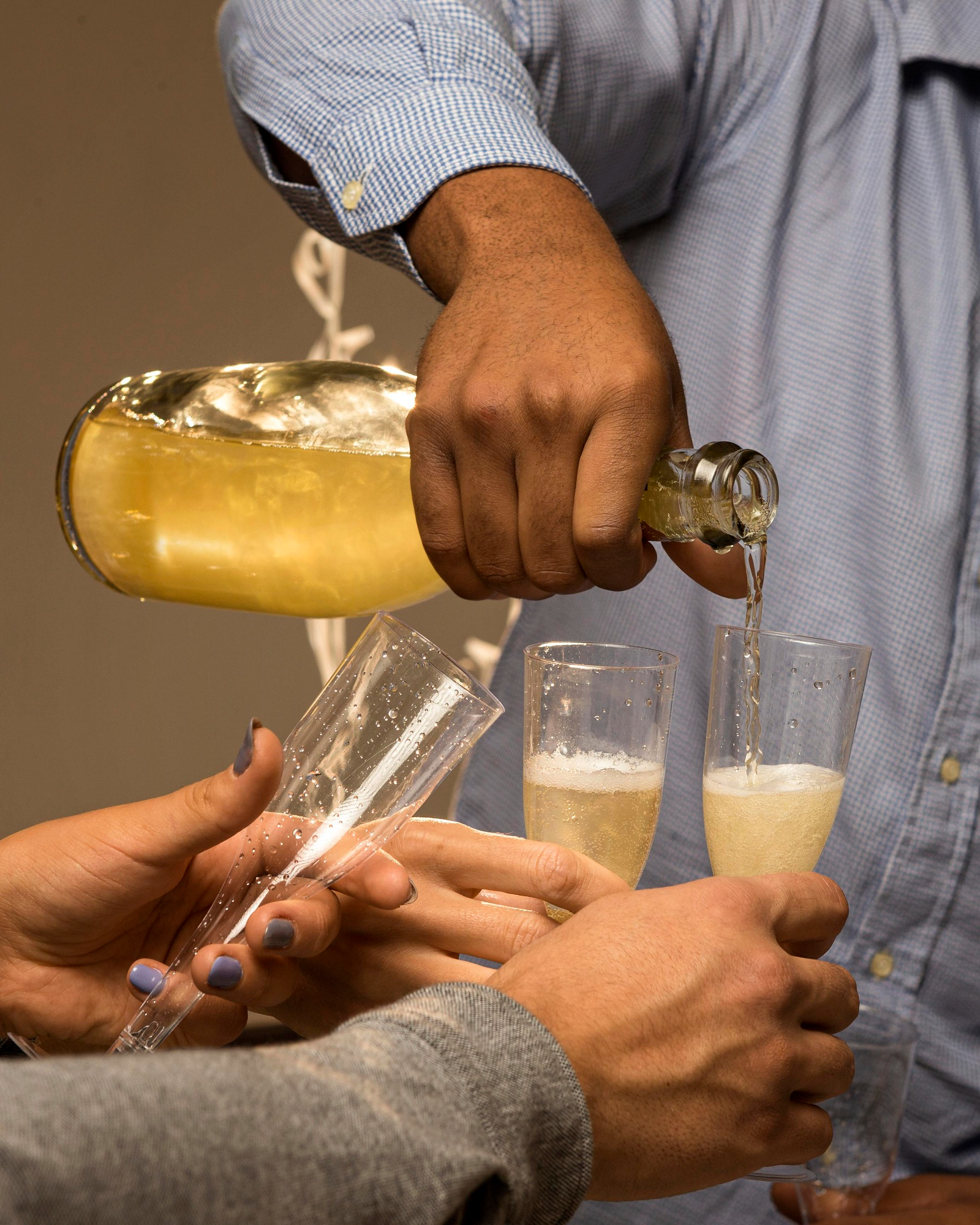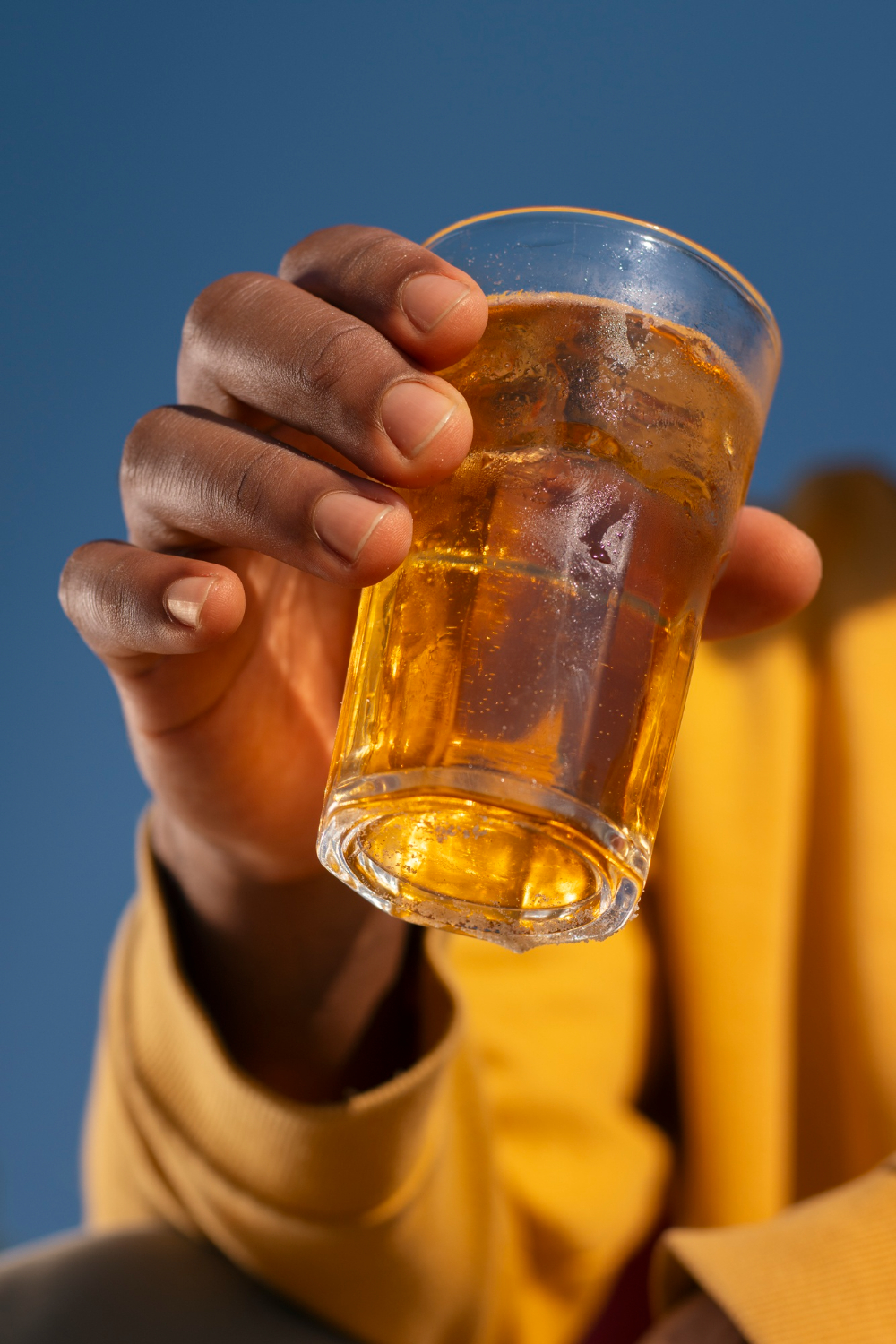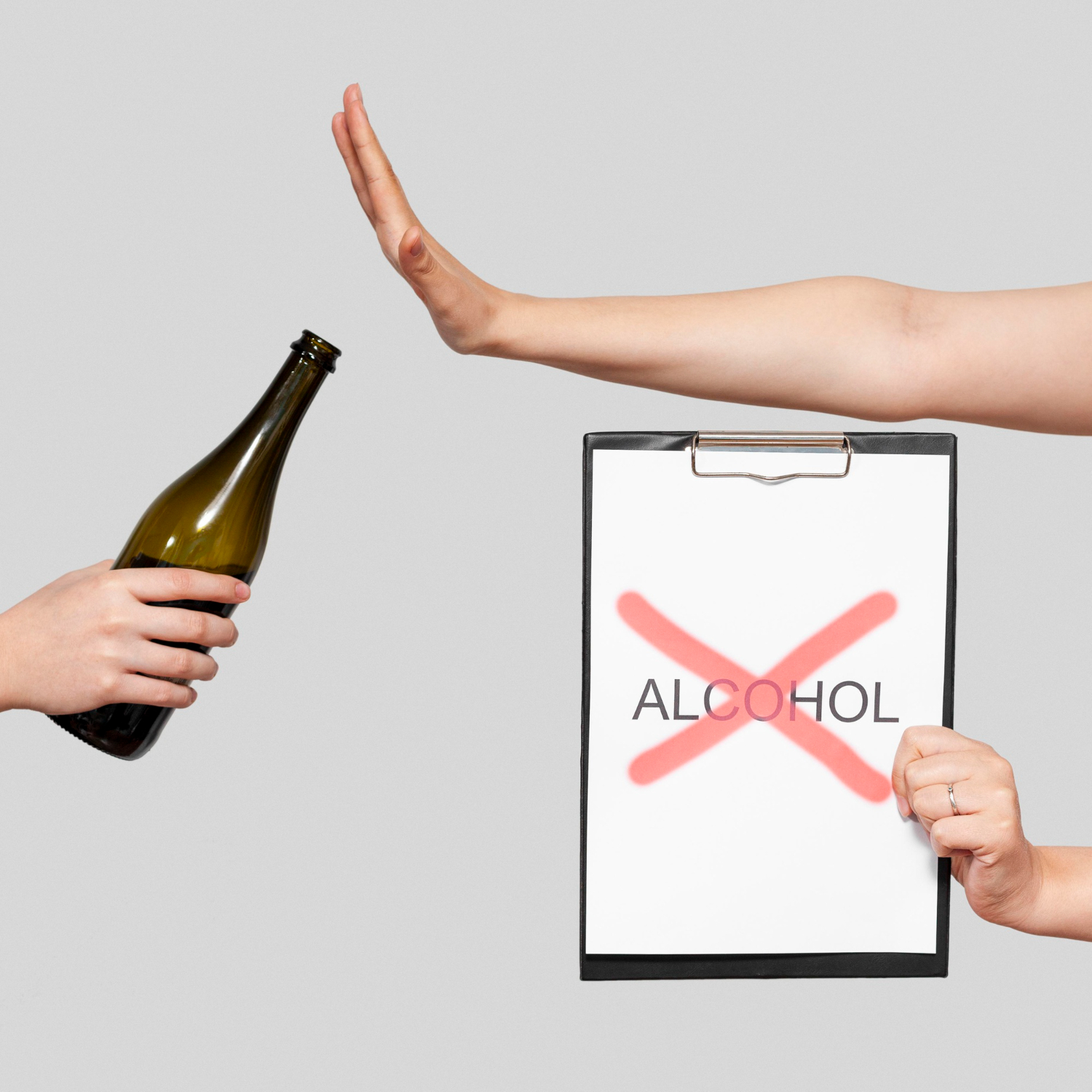Did you know that in 2019, 2.6 million deaths were attributable to alcohol consumption globally, with 2 million being men and 0.6 million women? Young people aged 20–39 years are disproportionately affected by alcohol consumption, recording the highest proportion of alcohol-attributable deaths. In this report, MUSA ADEKUNLE sheds light on the dangers of consuming alcohol and why you should rethink your intake.

“My dad was a drunkard. Every evening, he would sit at a bus stop with his bottle, drinking until he could barely stand. On his way home, he’d fall into gutters, talk anyhow to strangers, and sometimes even get beaten for his words. It was such a shame for me to see my dad like that,” recalls Toheerah Abdul, 27.
Toheerah’s story is one of many, a reflection of how alcohol consumption can spiral out of control and leave lasting scars—not just on the drinker, but on everyone around them. In her case, it ended in a hospital room, where her father was diagnosed with a stroke after years of heavy drinking.
For Adenike Ajayi, a wife and mother of two, the damage was both emotional and financial. “I used to warn my husband about his drinking, especially the local gin (in sachets) ‘Fe Nu Ja.’ But he wouldn’t listen. One day, we noticed eczema on his face. It turned out to be a sign of kidney disease. We couldn’t afford a transplant, and instead of following medical advice, he started drinking herbal concoctions. His condition got worse, and I had to leave because I couldn’t cope anymore.”

READ ALSO: Herbal concoctions, alcohol, 3 other things that can damage kidneys
In Ayobami Adio’s case, the consequences were fatal. “I lost my brother to alcohol,” she says. “He loved to party and always thought the rules didn’t apply to him. They say, ‘Don’t drink and drive,’ but he didn’t listen. One night, after leaving the club, he got into a fatal car accident. That was the end.”
Stories like these aren’t merely cautionary tales; they show how a seemingly harmless habit can shatter lives, wreck families, and cause irreversible damage. Yet, the new year offers a fresh opportunity to reset your health priorities, especially if the holiday season had involved a bit too much indulgence. For many, this takes the form of “Dry January”, a month-long commitment to abstain from alcohol.
Since its inception by a UK organisation in 2013, Dry January has gained substantial traction. The appeal lies not only in the chance to reset but also in the proven benefits of short-term sobriety.

Research suggests that even a month without alcohol can enhance sleep quality, increase energy levels, and support weight management.
Harmful alcohol habits
Meanwhile, there’s growing awareness of the serious health risks linked to excessive alcohol consumption. Countries around the world are now looking towards stricter labelling of alcoholic beverages and a reassessment of daily drinking guidelines, underscoring the urgency of moderation. NAFDAC is also pushing for the distribution and sale of sachet alcohol for the health risks they pose. While it seems more like lip service, the government in Lagos had banned the sales of alcohol and alcoholic herbal mixtures in car parks.
“A lot of people who consume this concoction (agbo) with alcohol later develop kidney issues in life,” said Dr Olusina Ajidahun, an internal medicine physician at Federal Medical Centre, Abeokuta. “This drink has the potential to damage the liver and many organs. It has slowly become a significant cause of kidney damage in Nigerians.”
Adding to this, Aniekwe Donald, a medical officer at the University of Nigeria Teaching Hospital (UNTH) warns, “Mixing energy drinks with alcohol is dangerous. The stimulants in energy drinks can mask the depressant effects of alcohol, causing individuals to consume more alcohol than they realise. This combination can also lead to serious cardiovascular stress.”

The World Health Organisation (WHO) also says that no level of alcohol consumption is safe and that it has been linked to a wide range of health and social harms, including injuries, unconsciousness, liver and heart diseases, several types of cancer, and mental health conditions such as depression and anxiety.
Additionally, excessive drinking can strain relationships, reduce productivity, and contribute to social and economic challenges.
READ ALSO: 5 ways to keep your kidneys healthy
Simple tips to quit drinking alcohol
●Avoid triggers
Stay away from people or places where you usually drink.
●Find new hobbies
Plan fun activities that don’t involve alcohol.
●Clear your space
Remove all alcohol from your home.
●Stick to your plan
Remind yourself why you’re quitting and follow your strategy.
●Seek support
Talk to someone you trust when cravings hit.

●Practice refusal
Prepare polite but firm ways to say no to drinks.







